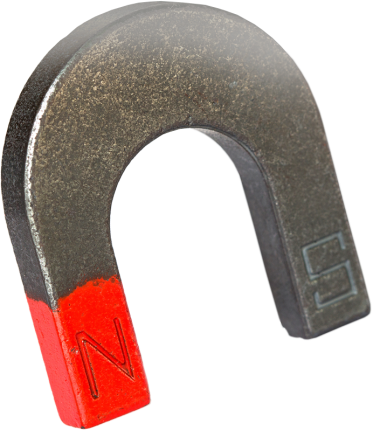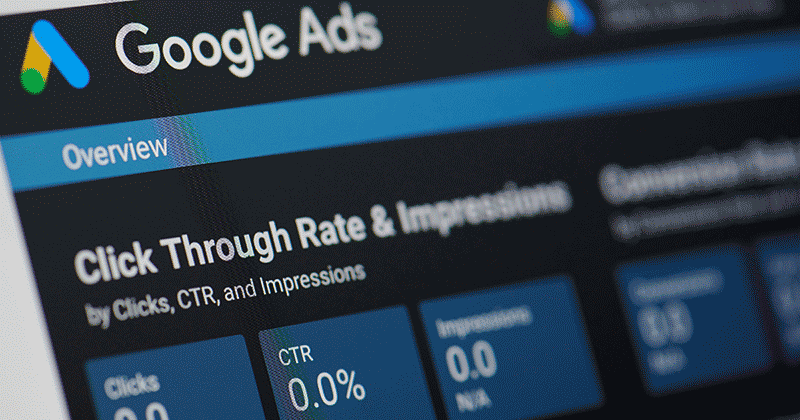SES San Jose Keynote with Nicholas Fox
For some background, Nicholas Fox is the business product management director for Google AdWords. According to his speaker bio, he “is responsible for the development and improvement of the algorithms that determine the display, ranking, and pricing of AdWords ads on Google and its partners. Nicholas also leads product management for AdWords bidding features, which enable advertisers to maximize their ad performance and simplify their bid management.” [Editor’s note: There was a lot of scathing commentary about this keynote on Twitter but the information presented is better than I expected.–Susan]
 |
What will this Google insider have in store for us this afternoon? Andrew Goodman, SES Advisory Board, introduces Nicholas as the guy in charge of “the other algorithm.” He’ll be talking about the future of search advertising. And with that, Nick takes the stage.
We all know what AdWords offers today. But the future is evolving. So let’s look back a bit and see where we came from. Google could have been all about banner ads, but they decided it didn’t work in the UI. Eventually they settled on the text ad model. Now they run an auction for ads — more than a billion auctions a day. This was pretty unimaginable when Google was first created.
There are couple things about search ads that are groundbreaking. First is the focus on relevance to the user. More importantly, it’s not about an editorial team figuring out which ads are good and bad, but the decision is made by the user through click-through rates. The idea that click-through is a signal was very novel when it was first introduced.
The second big change is that the advertising is measureable and accountable. Advertisers were able to test different creatives through the dynamic system. They can also target ads to different locations and times of day.
The AdWords system isn’t just a success for Google. It’s also a success for advertisers and users. He thanks all the advertisers in the audience for their contributions to the system.
The Internet is exploding. There are 100 billion pages on the Web, 500 billion images and 20 hours of video uploaded every minute — and all these numbers are growing. Publishing has gone mainstream through blogs, tweets, Flickr. And knowledge has become collective. Wikipedia has 100 million hours of human thought invested in it.
Search advertising has evolved through improvements in bidding tools, better targeting of queries, a more streamlined UI. His team, the AdWords quality team, has made breakthroughs. Machine learning algorithms can predict what the click rate might be for an ad that’s never run before. There are hundreds of experiments going on all the time. And AdWords is trying to be more transparent about this information. The bid simulator is giving advertisers an unprecedented insight into the traffic they’re receiving.
Keywords, text ads and CPC are the holy trinity of search ads. They’ve served us well, but in the future they intend to think about how and if these three things are should be applied. The innovations will come from all over the place.
There’s an old adage. If a story is called a Civil War, it’s because the old guard wins. If it’s called a revolution, the new group prevailed. They want to see a revolution because everyone will win with improvements.
Going Beyond Keywords
The keyword targeting business is like a game. A user searches for a product and an advertiser has to guess what they’ll be searching for. From his vantage point he says advertisers are predicting pretty well. The Oxford English Dictionary has half a million worlds. Their ad database has about 30 million keywords. Every day 20 percent of the queries we receive are ones they haven’t seen in at least 90 days.
Users are becoming more creative in their queries, which makes it hard for advertisers to catch up. So what if it was turned around. A business tells Google what they do and then Google matches the site to the keywords. Or what if Google crawled your site and then created ads and figured out what to present them for.
They’re also trying approaches that contain no keywords. They want to get better at matching keywords to advertisers. Once they figure out the right match for a company and a keyword, what will the ad be?
Right now the ad format is fixed with a blue text link and a green URL. But the one-size-fits-all approach may not work in every case. Driving directions and user reviews, for instance, may be a good fit for a query. There’s a lot of experimentation happening around this. They also want to figure out how to keep the ads unobtrusive, which is what Google users like about Google ads. They want to make sure ads are useful.
Leads, Schmeads
With the right info on the right ad with the right query, a user will click. So is a marketer done at that point? Of course not. Clicks aren’t what counts. Marketing is about delivering sales and customers and return on investment. What if you didn’t have to pay for clicks that didn’t convert? Cost per acquisition is new to search, and Conversion Optimizer is working in that direction.
There’s lots of innovation and experimentation going on, and you need a lot of ideas to have one good one. The reality will depend on what makes sense for marketers. He welcomes input. Q&A is about to open here. There’s also a forum that we can visit to give feedback. By participating in betas, the benefit is that an advertiser can get an early start on the new tools and developments.
Q&A
How do you referee the difference between two advertisers going after the same “piece of meat”?
They try to be as objective as they can be. With conversion optimizer, they use their systems to predict which clicks are likely to get clicks and convert. A conversion rate comes together with the bid price in order to make the decision of what ad shows up.
Is Wave going to present PPC opportunities?
He doesn’t know. He hasn’t looked at it in detail. The Wave team will decide if advertising makes sense in the context. But the plans aren’t in place yet.
What’s the future of image recognition in search?
There’s a similar images feature in image search. And for advertising it’s being worked on. It’s a difficult computer science problem to solve.
How do you differentiate between similar quality score and similar bids?
If it’s the same advertiser, they show exact match ads before phrase or raw match ads. If it’s among different advertisers, they look at who has the highest combination of bid and quality.
What have been some of the biggest search ad UI mistakes?
They would have like to have innovated with Universal search differently and explore ad formats for Universal search. Ads haven’t really kept up with the types of features advertisers would like to have.
Can you share the largest volumes for mobile search?
A fair amount of volume of geographic queries are coming from Japan and the U.S. — the more developed mobile markets. In terms of vertical queries, they see a lot in product queries and porn.
What could take the place of keywords in ads?
In the case of a plumber, the ad might be about the services offered and where the plumber operates. A retailer could present their product catalog. There’s currently a step the advertiser needs to make between what they’re selling and what keywords they’re targeting. They want to remove that step as much as possible.
Why’s there a difference between the clicks reported between Google Analytics and AdWords?
They’re trying to reconcile that difference because it should be the same. It has something to do with the way Analytics filters out spam and how AdWords deals with things like cookies.
Is there any plan to integrate Analytics and AdWords so advertisers don’t have to go back and forth?
In general, they sympathize with that pain point but he can’t comment on when that might happen.
When will CPA in Conversion Optimizer be as regulated and set in terms as the CPC in AdWords?
It comes down to whether they have an accurate prediction of conversion rate. They’ve improved this over the years and are continuing to work on it.
26,000+ professionals, marketers and SEOs read the Bruce Clay Blog
Subscribe now for free to get:
- Expert SEO insights from the "Father of SEO."
- Proven SEO strategies to optimize website performance.
- SEO advice to earn more website traffic, higher search ranking and increased revenue.

LEAVE A REPLY









